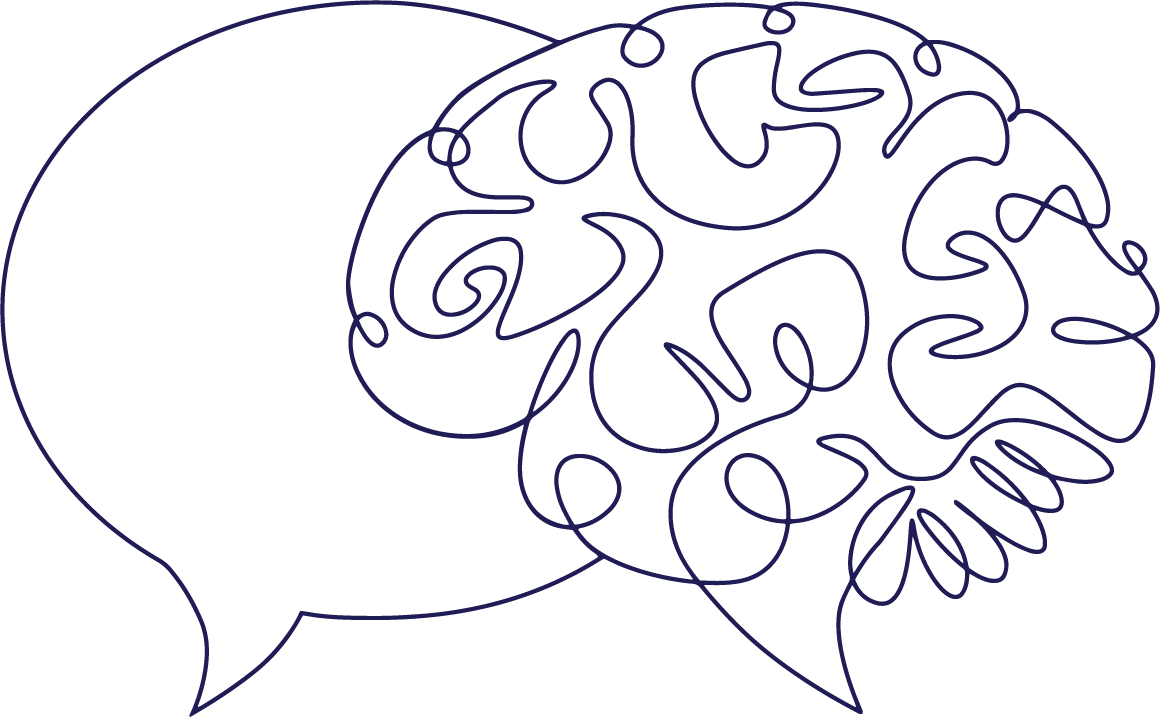Dysphagia is a medical term that refers to difficulty or discomfort with swallowing.
Speech Pathology forCognitive Communication
Symptoms can include:
- Difficulty paying attention in a conversation
- Difficulty staying on topic and taking turns
- Lack of ‘filter’ when expressing thoughts and feelings
- Difficulty following instructions, presentations, tv and radio
- Difficulty with memory and reasoning
- Difficulty understanding jokes and humour.
Commonly occurs in stroke, traumatic brain injury, brain tumours and dementia.
Symptoms
What we can help with
Social Engagement
Social engagement refers to the active participation in social interactions, relationships, and activities.
Voice
A voice disorder refers to any condition that affects the quality, pitch, loudness, or resonance of a person’s voice, leading to difficulties in communication.
Stuttering
Stuttering, also known as stammering, is a speech disorder characterised by disruptions or interruptions in the normal flow of speech.
Language
Language difficulties include challenges individuals may face in understanding, producing, or using language effectively.
Motor Speech
Motor Speech disorders are characterized by difficulty moving the muscles needed for speech production due to weakness or reduced coordination.

